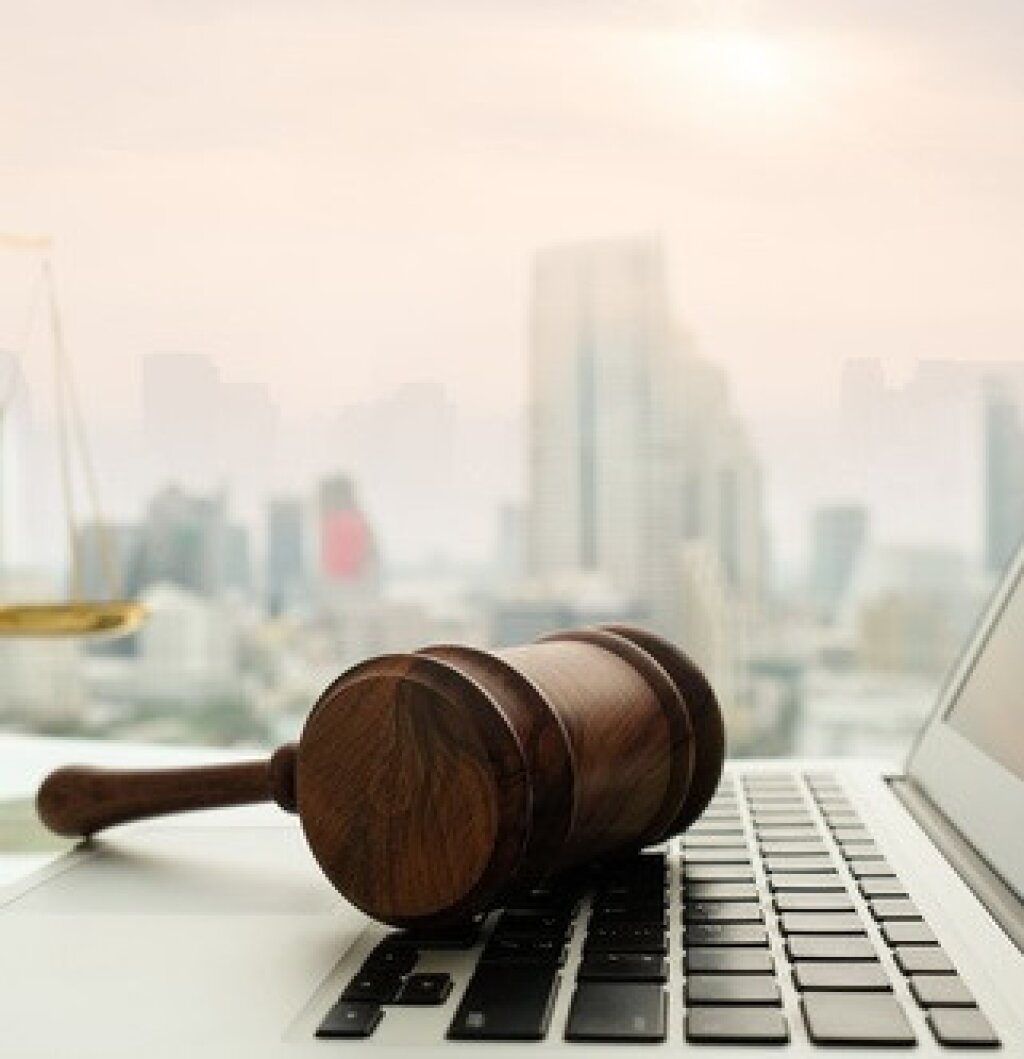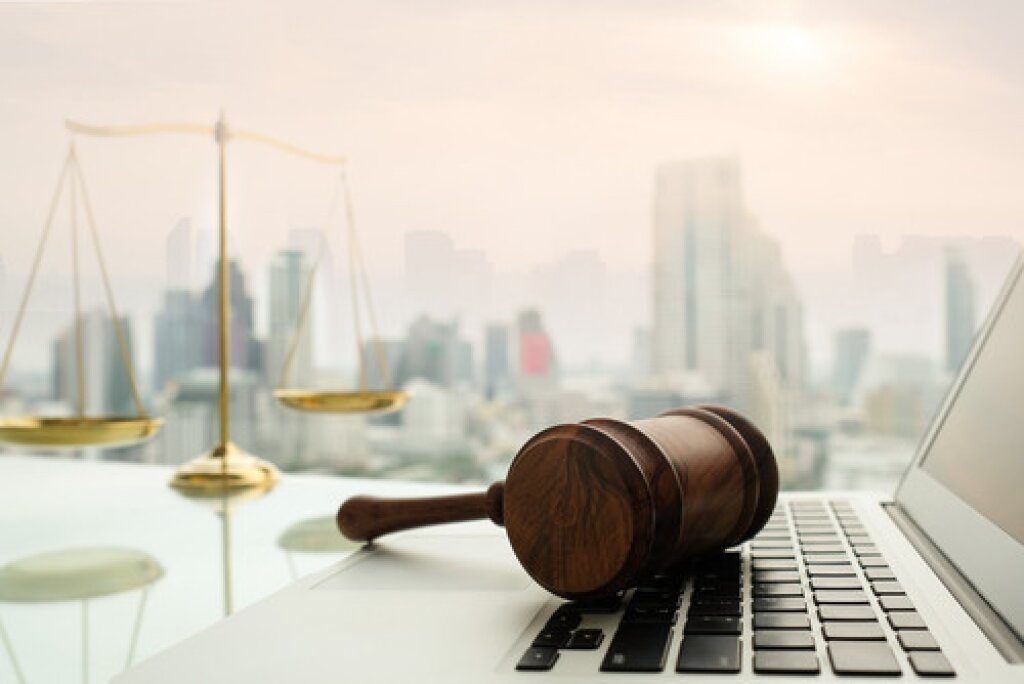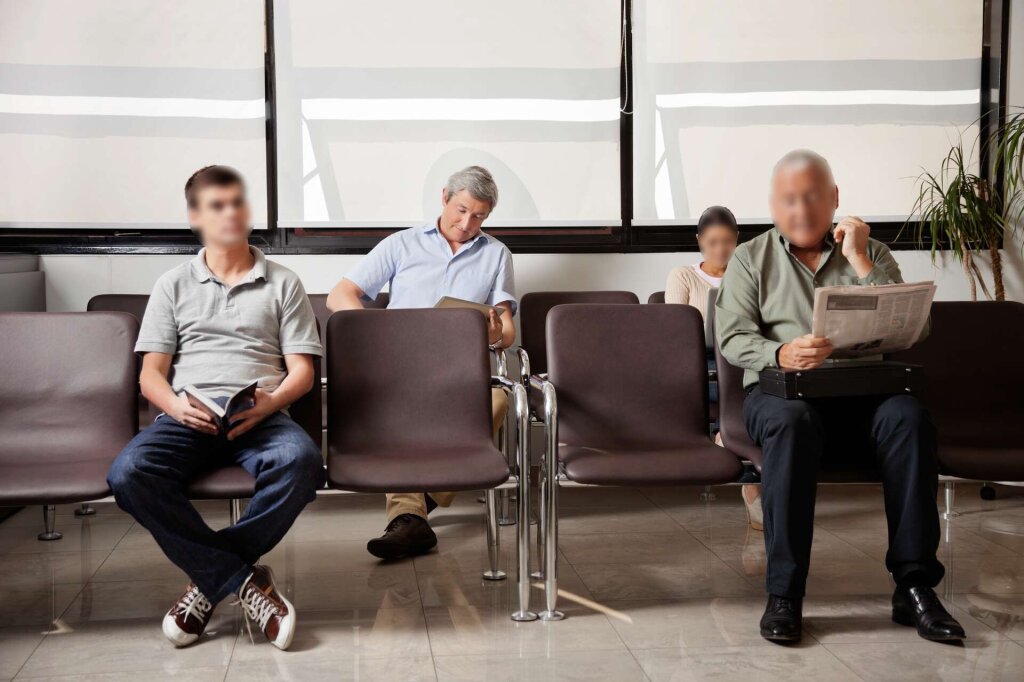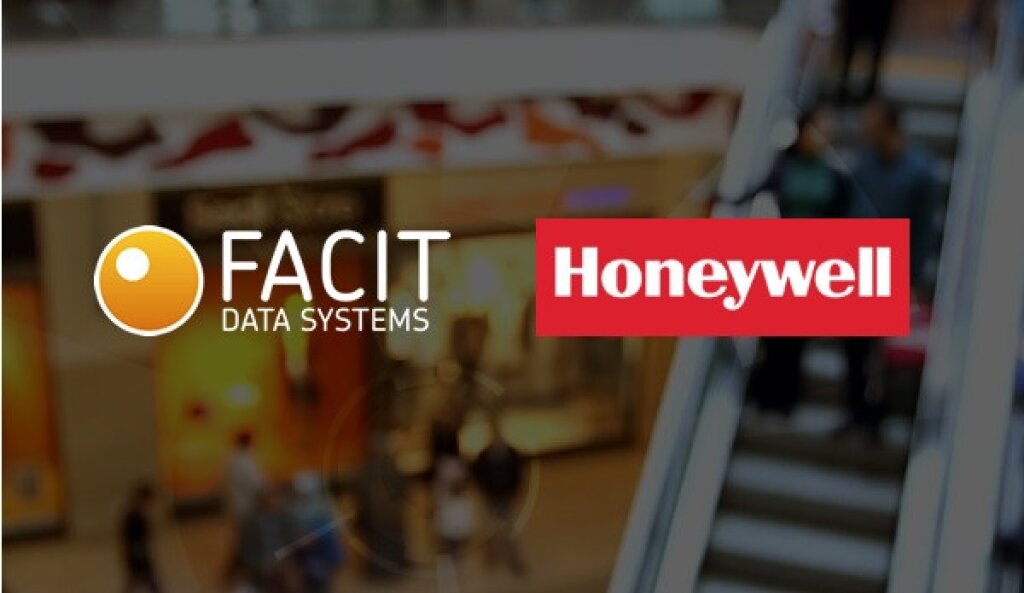In this article, we consider video redaction for use in court. There are laws and guidelines that relate to how video footage is captured to make it admissible in court. There are also rules that apply to how video is presented in court. Specifically, redaction is required to protect the privacy rights of people captured incidentally in video footage in order for the footage to be shared and shown in public.
Facit has written previously about the steady growth of CCTV cameras in the UK, which were estimated to number 5.2 million in 2020.
In addition to CCTV video is now widely captured by many types of cameras in a wide variety of locations. In recent years, there has been a rapid growth in personal video recording and private as well as commercial surveillance. Devices include:
Smart phone videos
House security cameras
Doorbell cameras
Dash cams
Vehicle tampering cameras
The proliferation of recording devices used by professionals in their line of work includes:
Police body worn cameras
Medical staff body worn cameras
Retail staff body worn cameras
Traffic cameras
ANPR cameras
Police interview recordings
Legal questions about video footage
Cameras are no longer static devices, but highly transportable, so people are able to capture footage just about any time and anywhere.
With the huge amount of video footage either on commercial servers or on people’s private devices, it begs questions such as:
Is it legal to publish videos of other people?
Can video footage be used as evidence in court?
How long can you store video footage?
Does video need to be specially edited or redacted when made public?
As video footage has become commonplace as a form of evidence, how video is presented in court is a topic of much discussion.
In the past two years Facit has received an increasing number of direct enquiries about redacting video for use in court. Understandably, for those who are less familiar with court proceedings and privacy requirements, the prospect of submitting video evidence presents opportunities but can also raise doubts about correct formatting.
Specifically, courts are instructing people to edit video evidence to comply with regulations in ways that they had not previously been fully aware of.
Impact of video footage on privacy rights
Very simply, or anything that identifies an individual or group of people in video footage, such as faces and number plates, constitutes personal data.
Personal data is strictly protected in law, whatever form it takes, be it documents, names, addresses, financial details, photographs, or video.
There are legitimate reasons why an individual or an organisation might request access to or publish personal information, however, even if the request is justified, the information provided must exclude all reference – written and visual – to all but the subject of interest.
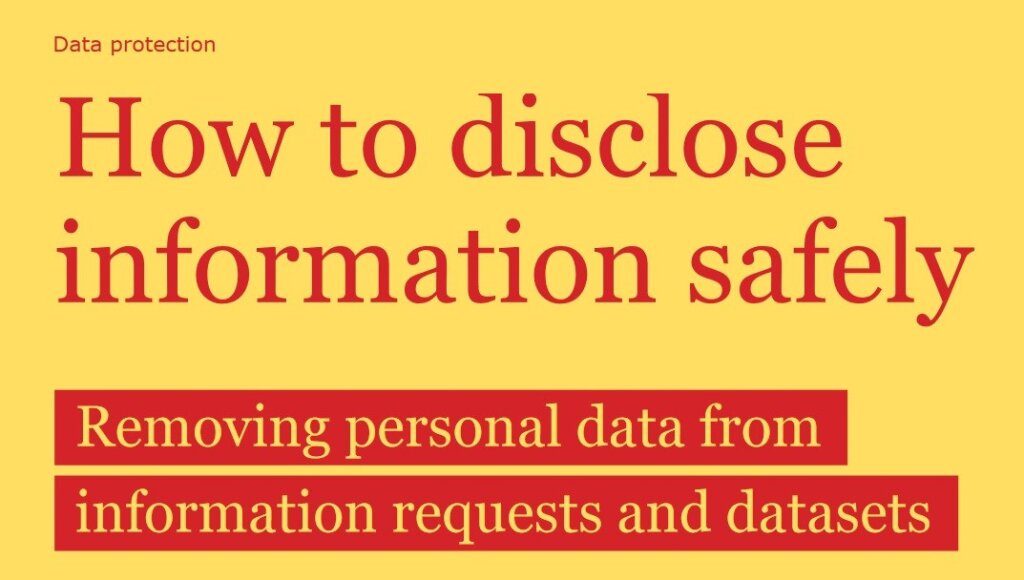
The ICO publishes guidance and checklists on the privacy rights of individuals, as well as papers on ‘How to disclose information safely’.
How a video recording is submissible in court
It is important to start at the beginning and consider how video must be captured in order for it to qualify as justified data capture. The rules apply to everyone but are strictest and clearest for commercial and professional video and CCTV operators.
Communication and transparency are key for any CCTV operator. Without clear signs about cameras being in place and their purpose, video may not be deemed inadmissible in court. Camera Data Protection Act compliance requirements include:
Cameras must not invade the privacy of others
CCTV and cameras must have clear and visible signs stating that recording is taking place
Video footage can only be used for the purpose the recording was made
Video footage can only be kept for as long as it is needed
You should ensure that your recordings are clearly dated and timed and that your footage is securely stored so that it cannot tampered with.
Can CCTV footage be used as evidence?
CCTV footage, and video footage captured on other types of recording device. can be used as evidence in court for proving someone was at a particular location or for proving that a crime was committed.
However, in the case of CCTV, the system must be compliant with Data Protection Act restrictions to be admissible in court. Plus, there are several other reasons why video footage may not be admissible in court.
The court has to give permission to use video in a case following an application to do so.
The court will consider a range of factors before deciding whether a recording can be admitted as evidence, including:
The circumstances in which the recording was made
Whether the recording is of a child
Whether the recording was agreed to
Whether the recording is complete, edited or an excerpt
Whether an undertaking is given to restrict the recording’s publication
Do videos shown in court have to be redacted?
Regardless of the setting, it is a legal requirement to protect people’s personal data.
To share or publicise anyone’s personal data without their permission is an offence, which applies just as much to personally identifiable information (PII) captured on video when it is shown in court.
Yes redaction is required. All but the subject of interest captured in video footage must be redacted and all other personally identifiable information must masked or removed; for example the faces of people in a crowd scene or car number plates.
Is video used often as evidence?
The Bureau of Justice Assistance suggests that the vast majority of court cases in the USA involve video evidence. It is several years since the BJA published guidance on preparing video evidence for court.
BJA guidance includes advice to prosecutors about video reaction to protect people’s privacy.
Review received files to determine whether additional privacy redactions and/or witness safety concern redactions are needed.
Provide a copy of the redacted video files to defense counsel, pursuant to local discovery rules and practices.
In the United Kingdom, video is also used as evidence in many court cases and video redaction is a privacy protection requirement when videos are shown.
Redaction is potentially doubly important in court cases in the United Kingdom, as it is a central principle of criminal justice that the court sits in public. In other words, people beyond the judge, jury, lawyers and court officials are able to see videos shown in court.
Members of the public are allowed to be in court. Reporters and media specialists are also allowed to sit in court as they are considered important as representatives of the public’s interest functions.
People’s private video recordings subject to privacy laws
Data privacy laws relating to the recording of people by private individuals and disseminating video footage are not as clear cut as laws relating to the operation of CCTV by companies, or recordings made by public service bodies such as the police.
We know there are many video clips published on social media channels and online. The videos are often published by people who want to influence, protest, shame, or entertain.
When videos are published that clearly reveal the identities of people, it potentially represents a breach of those people’s personal data rights.
While people may not be prosecuted for posting a recording of people online, they could be prosecuted on other grounds, such as hate crime.
People’s private cameras can be an invasion of privacy
In 2021, a judge ruled that security cameras and a Ring doorbell installed in a house in Oxfordshire "unjustifiably invaded" the privacy of a neighbour. The court ruled that the cameras broke data privacy laws and contributed to harassment.
The judge ruled that audio data collected by cameras on a shed, in a driveway and on the Ring doorbell was processed unlawfully, and concluded:
"Personal data may be captured from people who are not even aware that the device is there, or that it records and processes audio and personal data." That, she said, was in breach of UK data laws - both the UK Data Protection Act and UK General Data Protection Regulation (GDPR).
Can any type of video be used as evidence?
If video is recorded by companies and professionals lawfully and in keeping with guidelines, it can be used as evidence in court, if admitted by the judge and properly redacted.
Recordings made by private individuals can also be admitted as evidence in court if due legal process is followed, and the footage is admitted by the judge and properly redacted.
There are guidelines that apply to the admission of videos that involve children, videos that have been recorded covertly, indistinct videos and edited videos. However, any video that could be used to establish someone’s location or events surrounding a crime can be used in evidence in court.
What needs to be redacted for videos used in court?
Redaction is the process of obscuring parts of a video that contain the personal data of people who are not associated with the case being heard.
Faces and number plates are obvious data points, but redaction may need to be extended to identity cards, financial and healthcare records, and identifying symbols such as tattoos.
Video redaction is intended to protect and anonymise people captured incidentally in video footage. Video redaction for court cases protects the privacy of witnesses and bystanders and prevents law suits against public bodies that collect personal information responsibly.
How to redact videos for court
Redacting and rendering video for use in court can be a lengthy process and very expensive.
Once video footage has been authenticated, Facit’s video redaction solution, Identity Cloak, makes it possible to process evidence without breaking privacy laws.
Identity Cloak offers many unique automation and tracking advantages that means video can be redacted quickly and reliably, at the lowest cost.
Complete our contact form to find out more about redacting videos for court.
